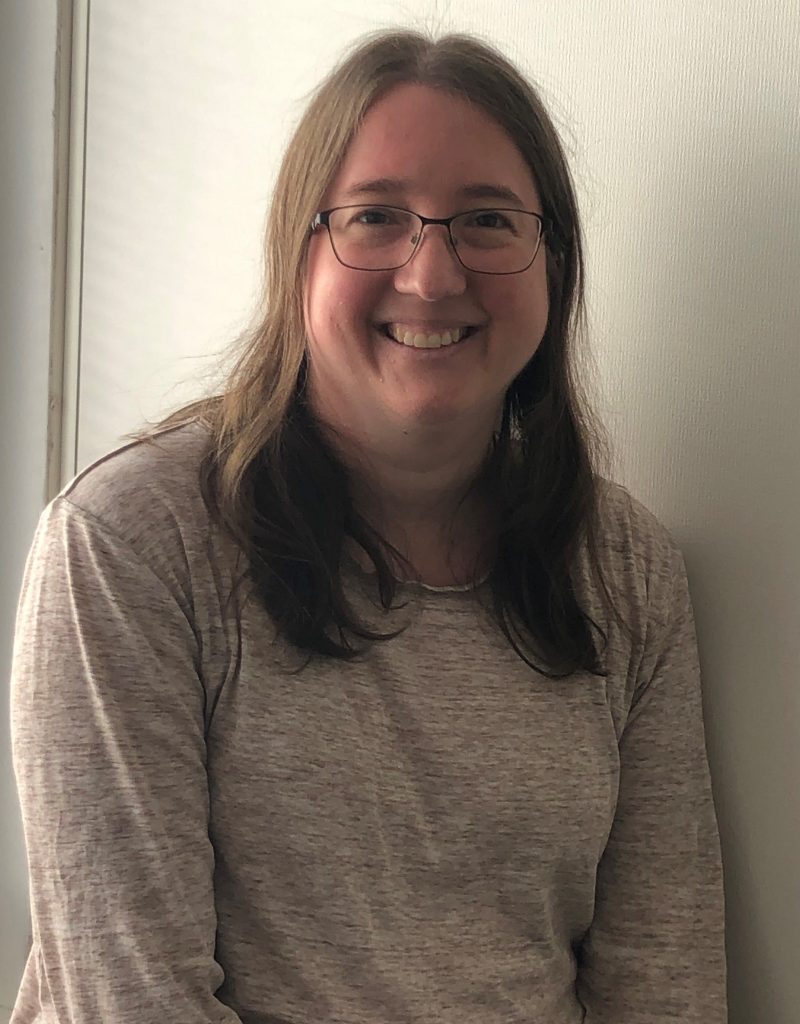Call for applications for Visiting Researcher Program

PANSOC welcomes applications from advanced PhD students and post-PhD academics at all career stages for a short visit to Oslo during the 2022-2023 academic year.
Visiting researchers will be expected to give one public talk on their research and one internal talk (for example, a methods workshop or discussion of current or future work). Visitors will also have the opportunity to discuss potential collaborations and proposals with PANSOC-affiliated researchers.
We encourage applications from researchers in all fields of social sciences and humanities with interests in the social aspects of historical, current, and future pandemics. We are particularly interested in topics such as:
- Disparities in disease outcomes or impacts of public health measures based on socioeconomic and other inequalities.
- Syndemic interactions with non-communicable diseases and chronic health conditions.
- Relationships between infectious disease epidemics and other crises such as wars or extreme climate events.
The visiting researcher program will cover transportation costs to Oslo and hotel accommodations for one week.
Please send a CV and cover letter with a short description (1-2 pages) of your research interests and objectives for a visit to Oslo, as well as anticipated timing or availability for travel, to Svenn-Erik Mamelund (masv@oslomet.no).
APPLICATION DEADLINE: 31 July, 2022





